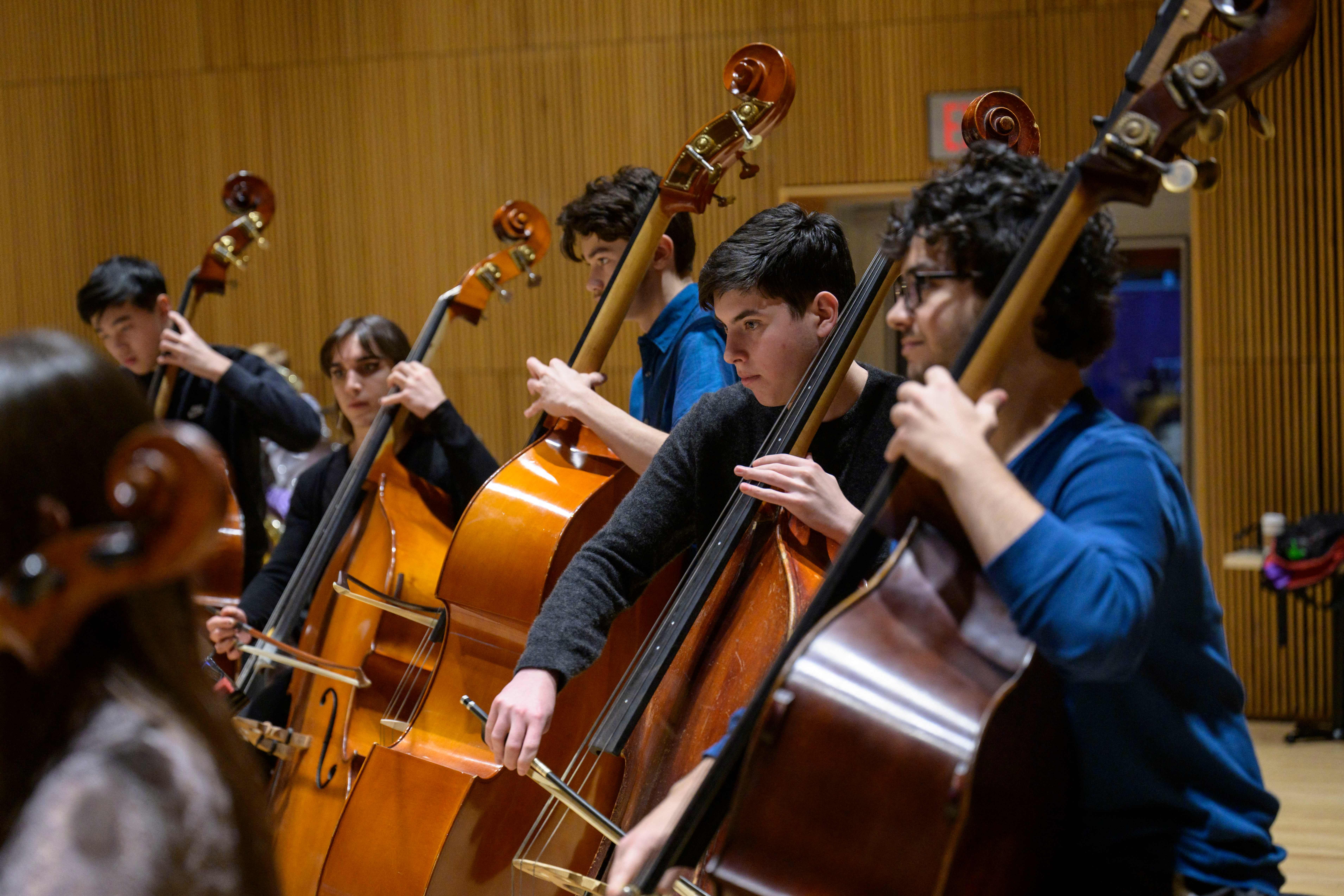Researchers uncover stunning effects of music to lower heart rates and blood pressures of ICU patients

Playing music for patients in intensive care units has been found to help lower heart rates and blood pressures, American College of Cardiology researchers say.
The findings could improve the health of millions of Americans affected by conditions which lead to a higher risk of death and disease.
High blood pressure can increase the risk of life-threatening heart attacks and strokes. Increased or abnormal heart rate has been linked to a significant risk of death, as well as liver, kidney, and heart failure. More than 6 million Americans are living with heart failure, and nearly half of U.S. adults — 120 million — have high blood pressure.
“By reducing physiological distress, enhancing patient comfort, and promoting holistic, patient-centered care, music therapy ultimately improves both the patient experience and clinical outcomes,” Dr. Ilani Paola Santoyo Pérez, a medical student at the University of Guanajuato in Mexico, explained in a statement.
Just five days of music therapy helped reduce the blood pressure and heart rate of nearly two dozen adult heart patients at a hospital in Mexico last year.
The song “Weightless”, by the ambient music band Marconi Union, was played for patients through headphones for 45 minutes each day. The music was played at a level of 15 decibels, a low level of sound comparable to leaves rustling in the wind. The patients were alert, communicative, and had no hearing impairments.
Music therapy is a non-invasive and low-cost way to improve patients’ physical and emotional wellbeing, the university researchers noted.
The technique has been used since the early 1800s, according to the American Music Therapy Association, with the first trials at an asylum in New York City. The trials helped to lift the spirits and transform the behavior of its female patients, according to Cambridge University Press.

Prior research has linked classical music to improved blood pressure and heart rates.
The therapy’s benefits also extend to the brain. Music written by Mozart has been found to improve IQ tests and spatial reasoning, according to Harvard Medical School, and other studies have shown it can help improve communication and stir memories for patients with dementia.
In addition to listening to music, people may be asked to sing, play instruments, or write music as part of the therapy, according to the Cleveland Clinic. American healthcare providers use music throughout hospitals to provide relief for people who are recovering or in pain, the clinic reported.
More than 5 million patients are admitted to ICUs every year in the U.S. for dangerous illness or injury, trouble breathing, and post-surgery care.




